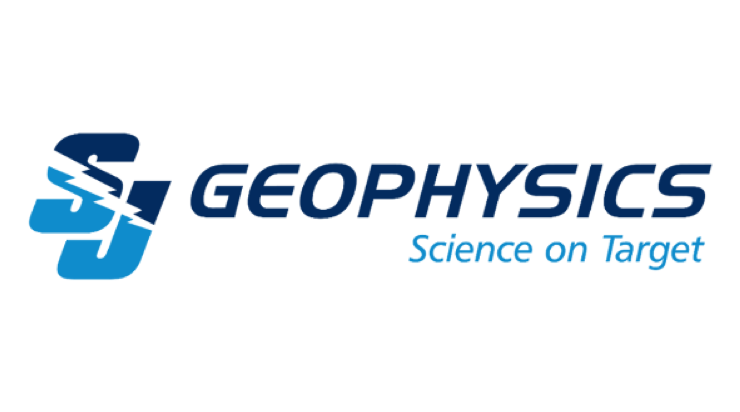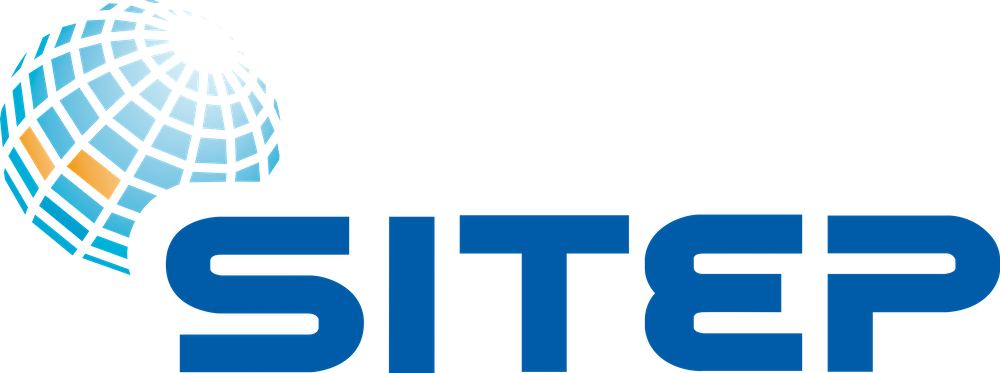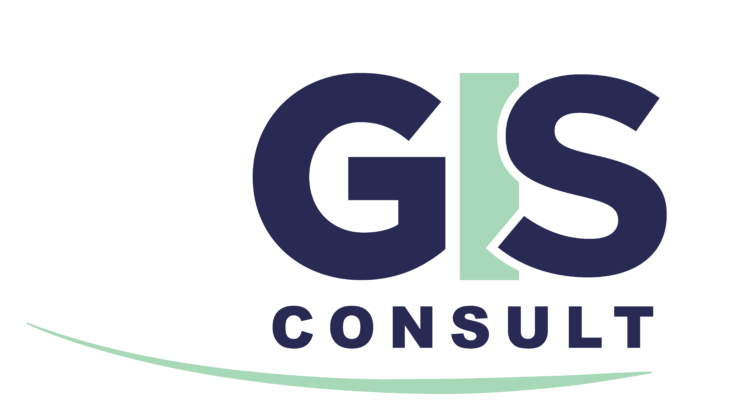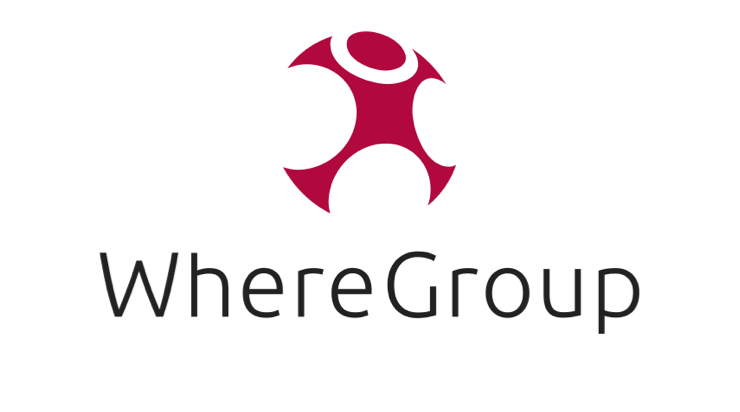Winners will be guided by mentors from the UN Open GIS Initiative and OSGeo to ensure that the material meets the requirements of the target audience. Winning material should be included and distributed in OSGeoLive, a freely available and self-contained bootable DVD, USB thumb drive or Virtual Machine based on Lubuntu, containing a wide variety of open source geospatial software that can be tried out without installing anything. The challenge supports the objectives of the OSGeo UN Committee, i.e. promoting the development and use of open source software that meets UN needs and supports the aims of the UN.
Challenge 1: PostGIS training material update
The UN Open GIS Initiative Capacity Building working group (named Spiral 2) was established in 2016 with the aim to upskill UN GIS officers in the use of open source GIS with respect to the requirements of United Nations operations, taking full advantage of the expertise of mission partners (partner nations, technology contributing countries, international organizations, academia, NGO’s, private sector). Within this initiative several courses are regularly presented and one of them is on the use of PostGIS, a spatial extension to the PostgreSQL database management system. To date, there were several sessions of the PostGIS course and experience shows that participants (mostly UN GIS officers) in this course prefer independent, self-paced study. The material used in this course was the ‘Introduction to PostGIS’ originally developed by Boundless as part of the educational material related to their OSGeo Suite. The course material is available at: https://postgis.net/workshops/postgis-intro/index.html.
Requirements: The aim of this challenge is to update the existing teaching materials for the UN PostGIS course. The proposal should consider at least: updating the existing content with the use of the newer, web-based version of the PostGIS client interface (PgAdmin 4), including extra lessons with examples of using PostGIS with QGIS, and we encourage applicants to include other items. A web-based collaborative platform should be used for course development – example (or preferred) platforms should be listed in the proposal. Further to this, the proposal should specify:
- The course outline including sections, topics – the structure is up-to the applicant.
- Learning objectives per learning object (unit, module, lesson…)
- Proposed development timeline
Target audience: Educators and professionals at local, regional, national or international agencies with UN GIS division as the first implementing organization.
Mentors: Ivana Ivánová ivaiva3@gmail.com, Oliva Martin Sanchez martinsanchez@un.org and Paolo Corti pcorti@gmail.com.
Challenge 2: Open geospatial data and software for UN SDG 16, Peace justice and open institutions
Requirements: This call is for the development of educational material that teaches users how to work with with free and open source geospatial software and freely available global open datasets (higher interest in high resolution datasets) on tasks that contribute towards achieving the UN Sustainable Development Goal (SDG) 16, Peace, justice and strong institutions. The proposal should specify
- A description of the tasks and how they contribute to achieving SDG 16.
- The list of freely available global open geospatial datasets that will be included in the educational material, with a short description of each dataset, its spatial and temporal resolution and a link (URL) to the dataset.
- The list of free and open source geospatial software for which the educational material will be developed, with a short description for each software and a link (URL) to its website.
Target audience: Researchers, educators and professionals at local, regional, national or international agencies, especially those in developing countries.
Mentors: Maria Brovelli maria.brovelli@polimi.it, Serena Coetzee serena.coetzee@up.ac.za and Timur Obukhov obukhov@un.org.
Proposals
Proposals (in English) must be submitted structured according to the application form (ODT in ZIP file or PDF). You can submit proposals for more than one challenge. However, one proposal should be for one challenge only. Only proposals by individuals will be accepted (no proposals by teams).
Examples of educational material include the training material used by GeoForAll to support the United Nations in their migration to geospatial open source applications; courses developed by the GeoAcademy; and last year’s winners of the three challenge: Training Material for UN Open GIS Spiral 1, Training Material for UN Open GIS Spiral 3, Training Material for UN Open GIS OpenData.
Proposals should be submitted to Maria Brovelli maria.brovelli@polimi.it and Serena Coetzee serena.coetzee@up.ac.za.
Evaluation
Criteria for evaluation:
- Proposer is an OSGeo Charter Member: 10 (max)
- Proposer’s documented experience in education and training: 20 (max)
- Proposer’s age (20 if <= 40 years old; 0 if >40 years old): 20 (max)
- Experience with respect to what is proposed by the specific challenge: 10 (max)
- Proposal: 40 (max)
Proposals will be evaluated by the OSGeo UN Committee Educational Challenge Judging Panel comprising representatives from OSGeo and UN Open GIS. The proposal will be shortlisted and its content reviewed only if the sum of the first four criteria is at least 25. Evaluation criteria for the content include the suitability of the proposed material for the target audience and requirements, feasibility of the proposal, as well as the gender, relevant experience, qualifications and language proficiency of the proposer.
Important dates
- Announcement of the OSGeo Educational Challenge 18 May 2019
- Deadline for submission of proposals 9 July 2019
- Announcement of the winners 31 July 2019
- Winners receive first third (USD 1,000) of the prize money 15 August 2019
- Submission of educational material by the winners 30 November 2019
- Evaluation of the educational material by mentors 30 December 2019
Subsequent to a positive evaluation, winners receive the remaining prize money (USD 2,000). Prize money will be transferred in one of two ways:
- Winners provide their IBAN/Swift info and OSGeo deposits the money directly into their bank account via Wire Transfer.
- Winners provide their PayPal info and OSGeo transfers the money into their PayPal account.
Update:
Challenge 1: PostGIS training material. https://github.com/unosgeo/challenge1_2019
Queries
For queries on specific challenges, contact the mentors of respective challenges (see above). Any other queries can be addressed to Maria Brovelli maria.brovelli@polimi.it and Serena Coetzee serena.coetzee@up.ac.za.





